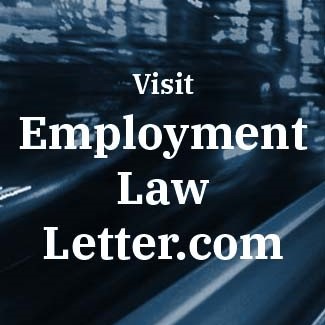Labor Relations

The rise of unionization in nontraditional sectors is changing the workplace. Increasingly, employees in industries such as software, technology and higher education are organizing internally, without outside union support. This shift in union organization places significant pressure on employers to recognize the collective concerns of a modern workforce.
Drawing on Shipman’s 50+ years representing employers in union organization campaigns and collective bargaining in nearly every business sector, our team of labor lawyers stand ready to assist you through any labor challenges you may encounter. We understand the unique needs of employers in the public and private sectors. In the public sector alone, we represent over 100 local and regional public school districts across the State of Connecticut, many municipalities, governmental and quasi-governmental agencies, and health districts.
When it comes to labor relations matters, our approach is to create a tailored strategy for your business to handle each specific issue, whether it involves collective action or individual employee grievances. We will intensely advocate for you at the bargaining table if necessary. Each year, we assist in the negotiation of dozens of collective bargaining agreements, running the spectrum of small bargaining units of five or six employees, to large units covering thousands of employees. We negotiate agreements in multiple states, including for clients with employees in several different locations around the country. Recently, we successfully guided a university through organization campaigns among adjunct faculty, and represented the university in proceedings before the National Labor Relations Board (NLRB) regarding the scope of the bargaining unit. The university was successful in defeating the unionizing effort.
We are prepared to assist you regardless of the labor challenges you face, including:
- Collective bargaining and impasse resolution procedures
- Negotiation and administration of collective bargaining agreements
- Grievance and arbitration procedures/cases
- Disciplinary and discharge proceedings
- Defense and prosecution of unfair labor practice claims
- Fitness for duty matters
- Contract administration issues
- Union organizing campaigns and representation elections
- Strikes, picketing, and other concerted activity
- Representation before the National Labor Relations Board
- Training of supervisors and employer representatives with respect to labor relations


